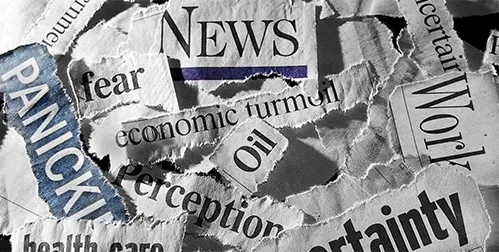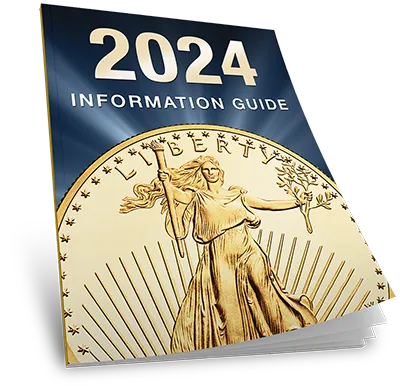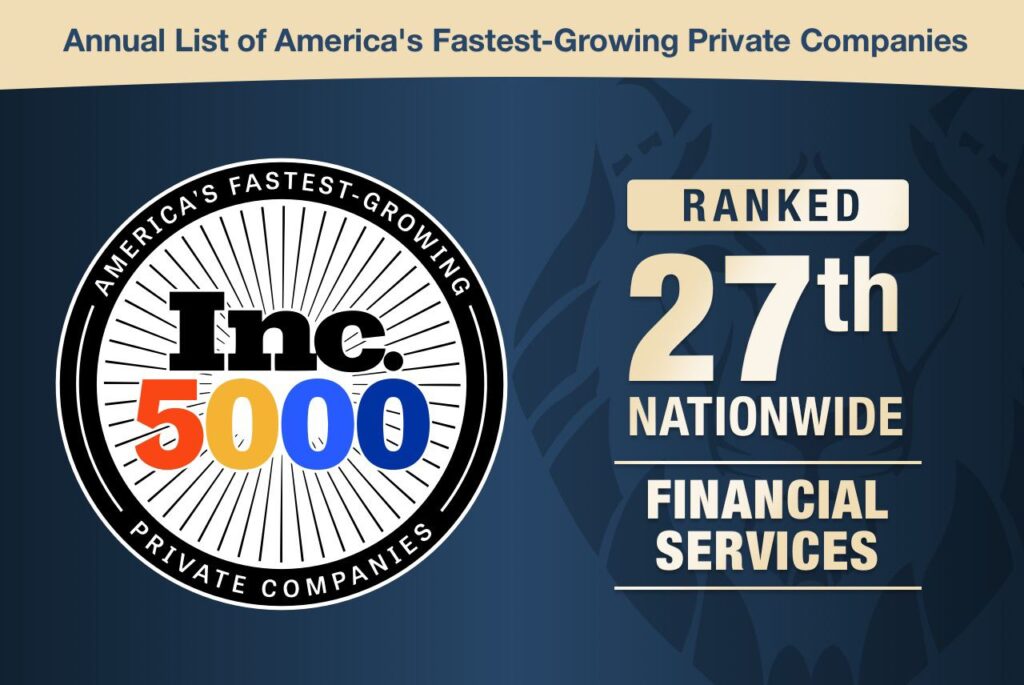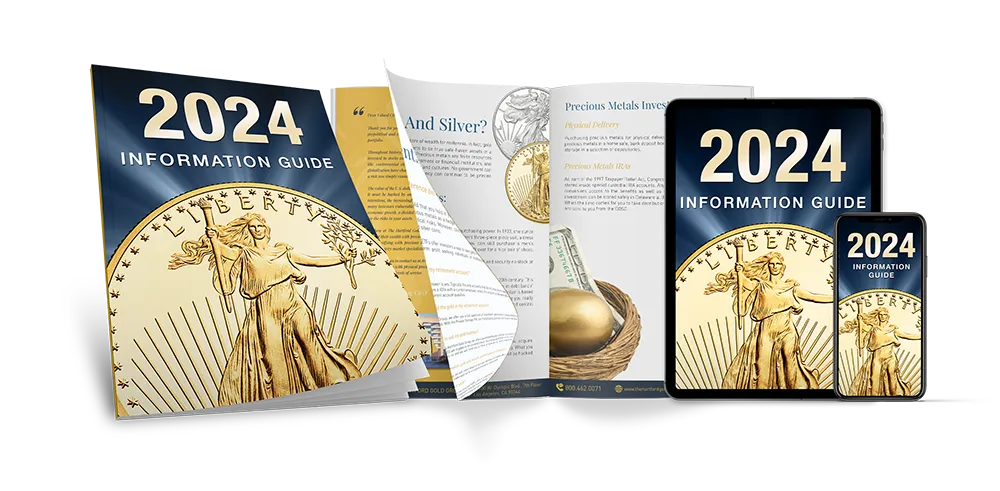Economy Hit by Powerful Headwinds
The economy is running into a ‘wall of worries’ as it enters the fourth quarter. Hopes for inflation fading and rates dropping are falling. Federal Reserve Chair Powell summed up the risks facing investors heading into the fourth quarter. He said, “It’s the strike, it’s the government shutdown, resumption of student loan payments, higher long-term rates, oil price shock. You know, there are a lot of things that you can look at … so what we try to do is assess all of them and handicap all of them. And, ultimately, though, there’s so much uncertainty around these things.”1
Inflation
Few hopes remain to avoid a recession and achieve a ‘soft landing,’ even amongst Fed officials. The central bank’s favorite inflation gauge is the Personal Consumption Expenditures price index (PCE). July’s PCE report showed the annual rates of headline and core inflation stubbornly stuck above 2%.
 2
2
Interest Rates
Economists say lingering inflation is going to require higher-for-longer interest rates. Currently at a 22-year high, interest rates are likely to be raised yet again in December. The Fed is unlikely to cut borrowing costs until next year. And those cuts will be smaller than once anticipated. Persistent high interest rates are putting a ceiling on how much further equity markets can climb. That leaves stocks only one direction to go – down.
JP Morgan Chase strategists have taken a bearish equity view, and it is gaining wider acceptance. They are comparing current conditions to 1987 – the year of the “Black Monday” crash. They predict a stock market slide, though the strategists stopped short of calling for a “crash.” The forecast is creating a need for investors to find protection. Landsberg Bennet Private Wealth Management stated, “With inflation, interest rates and earnings growth fears in the US, it’s important for investors to have exposure to non-U.S. equities.” Alternative assets like physical gold and silver are well positioned to weather the economic downturn.3
Oil Prices
The recent upswing in oil prices is also threatening to slow the US economy. High oil prices can fuel higher inflation. Crude prices topped $90 last week and are speeding towards $100-a-barrel. Oil is rising because OPEC and Russia cut production. Lower supply is driving gas prices higher. They have risen 10% higher in a month.
UAW Strike
The United Auto Workers union strike can cause an economic slowdown, raise auto prices and add to inflation. The strike has been in effect since September 15th. It has cost the US economy over $1.6 billion to date. The economic damage will radiate out further from the Midwest and into the rest of the country the longer the strike continues. 4
Government Shutdown
A government shutdown is on the table again. Government funding will run out Sept 30. A government shutdown occurs when the US federal government’s budget expires, and Congress and the President fail to pass new spending legislation. This results in a temporary suspension of non-essential government functions and the furloughing of non-essential federal employees. A shutdown could have terrible consequences.
Non-essential federal employees are placed on temporary unpaid leave. The Federal Government is the nation’s largest employer, including both the civilian and uniformed services. This can disrupt their income and financial stability. In addition, government services come to a halt. National parks may close, passport processing slows down, and various regulatory agencies may halt operations.
A shutdown can reduce overall economic growth as government spending contracts. Federal employees and contractors who lose income may reduce their spending, affecting various sectors. Shutdowns can delay the release of economic data, making it harder for businesses and investors to make informed decisions. The Federal Reserve’s rate decisions may be hindered by a lack of fresh data.
Uncertainty about the duration and effects of a shutdown can lead to reduced business investment, erode consumer confidence, and increase stock market volatility. Shutdowns can impact the government’s ability to manage its finances, potentially leading to increased government debt and deficits.
Student Loans
Student loan payoffs will resume in October. The multiyear pandemic hiatus is over. Roughly 44 million Americans hold about $1.7 trillion in student loans. Retailers are likely to take a hit as typical customers are student loan holders. The dip in consumer spending can hasten the oncoming of recession. 5
Conclusion
The economy is expected to conclude 2023 just as poorly as it began. The few bubbles of hope for reduced inflation and lower interest rates have burst. Now analysts are resigning themselves to increased volatility and diminished returns. They are looking at safe haven assets like physical gold and silver that retain their value outside the traditional financial system. A Gold IRA can protect your portfolio during this economic downturn. To learn more, contact us at 800-462-0071 today.






